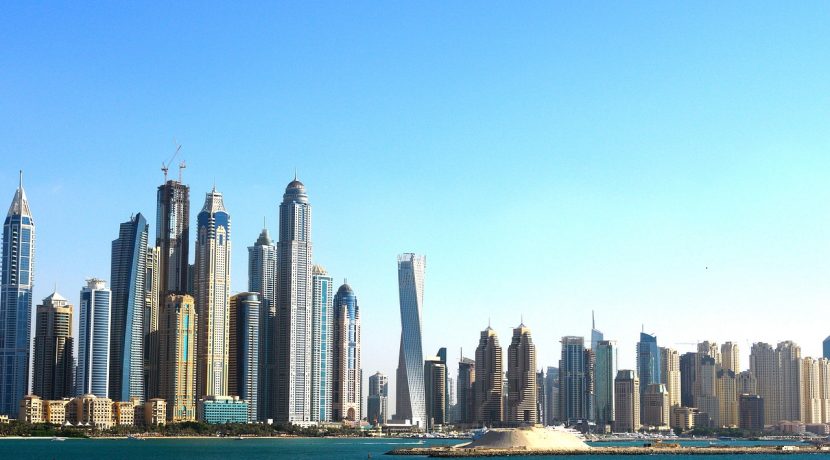The UAE’s decision to allow for longer term residence visas and 100 per cent foreign ownership in companies is expected to have a significant impact on the property market, both residential and commercial. End-user expatriates who have hitherto chosen to rent property in the UAE could now consider buying a home, given the long-term legal clarity now available.
The existing property visa is a two-year renewable property investor visa issued by the Dubai Land Department for a freehold property valued at Dh1 million or more on the title deed. This is specifically for Dubai property investments. There is also a six-month residency visa, a multiple-entry visa that is issued by the relevant immigration authority, that applies to property purchases across the UAE.
“We welcome the changes to residency visa regulations, which will undoubtedly have a positive effect on the UAE economy – and in particular the real estate sector,” said Nakheel chairman Ali Rashid Lootah.
“The chance for investors and households to move from transient residents to semi-permanent residents is a landmark change that will undoubtedly drive greater domestic demand for residential and commercial property ownership; something that has been lacking from the country’s property market equation. The ability to feel more at ‘home’ in what is essentially an adapted home for expats will also underpin loyalty among this privileged cohort,” observed Faisal Durrani, partner and head of research, Cluttons.
Besides UAE nationals, investors from the rest of the Gulf and other countries are the main drivers of demand in UAE property. According to the DLD, foreign investors committed Dh56 billion to Dubai property in 2017. Indian nationals invested Dh15.6 billion in 2017. This was followed by British and Pakistanis who invested Dh6 billion and Dh5 billion, respectively, in Dubai property in 2017.
“This paradigm shift couldn’t have taken place at a better time as the UAE is looking to increase its investor community. It will attract a lot of investors in the coming days along with a heavy flow of foreign direct investment which will benefit both the country and the people who live here,” P.N.C. Menon, founder and chairman, Sobha Group, told Khaleej Times.
The new initiative is expected to further cement the UAE’s image as the most investor-friendly country in the region.
“The UAE has always been a safe haven for real estate investment, and the law passed will allow for an untapped international investors pool that is looking towards the UAE as a tolerant living environment with deeply rooted values to come and call it home,” John Stevens, managing director, Asteco, told Khaleej Times.
“Direct and indirect effects are expected to come into play, such as population stabilisation and growth, renewed confidence in the property market and an increase in expat end-user purchasers, who are likely to invest in their own homes within the UAE instead of repatriation to their home markets,” said Edward Macura, partner, Core Savills.
The decision also indicates how the UAE government is keen to deliver a balanced economy, where growth is underpinned not only by oil, but also by talent.
“Now families, assured of the 10-year residency, could call the UAE their home and will be encouraged to invest in their freehold homes. This will also help developers and mortgage providers to offer better choices and options now that the visa tenure has been extended to cover a longer period,” explained Atif Rahman, director and partner, Danube Properties.
“This is likely to be a game changer for the real estate sector. This visa residency initiative was what sparked the 2002 freehold boom and now with this longer term initiative, it is likely to give a further impetus to the sector as it is for the entire economy,” reckoned Hussain Alladin, head of IR and research, Global Capital Partners.
According to Craig Plumb, head of Mena research at JLL: “The recent announcement shows that the federal government recognises the need to take positive measures to address the decline in real estate prices and rents over the past 2 years.”
“The introduction of the 10-year residency visa will prove to be fundamental in the growth of the property sector. As more people congregate to the UAE in search of their new homes, those taking advantage of the new visa plans will find a diverse global community who has already established itself here,” concluded Talal Al Gaddah, CEO of MAG Lifestyle Development.
All rights reserved to the initial publisher for Khaleej Times.
Collected and published by Arms &McGregor International Realty® editorial team. Get in touch with us at [email protected]

